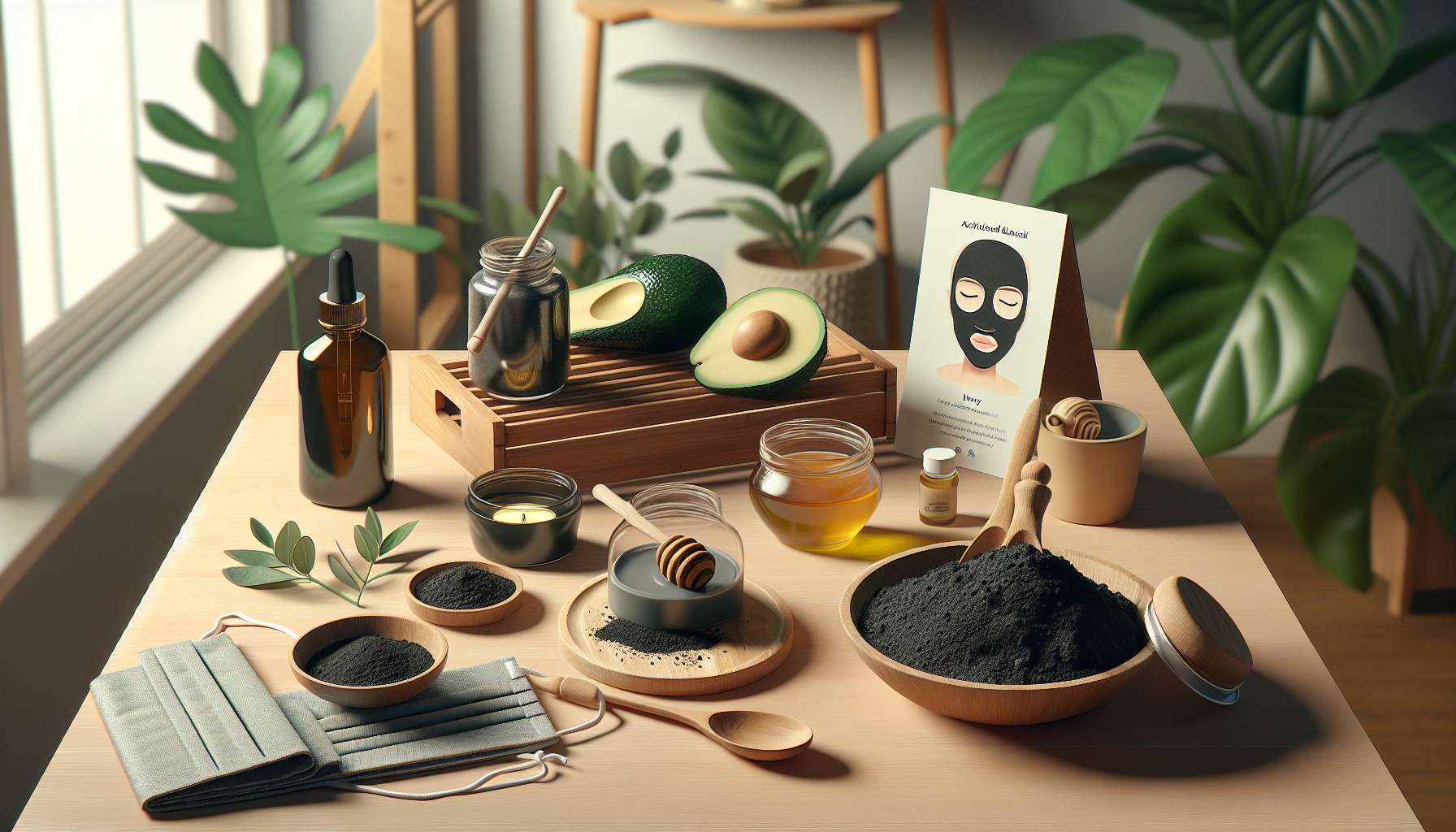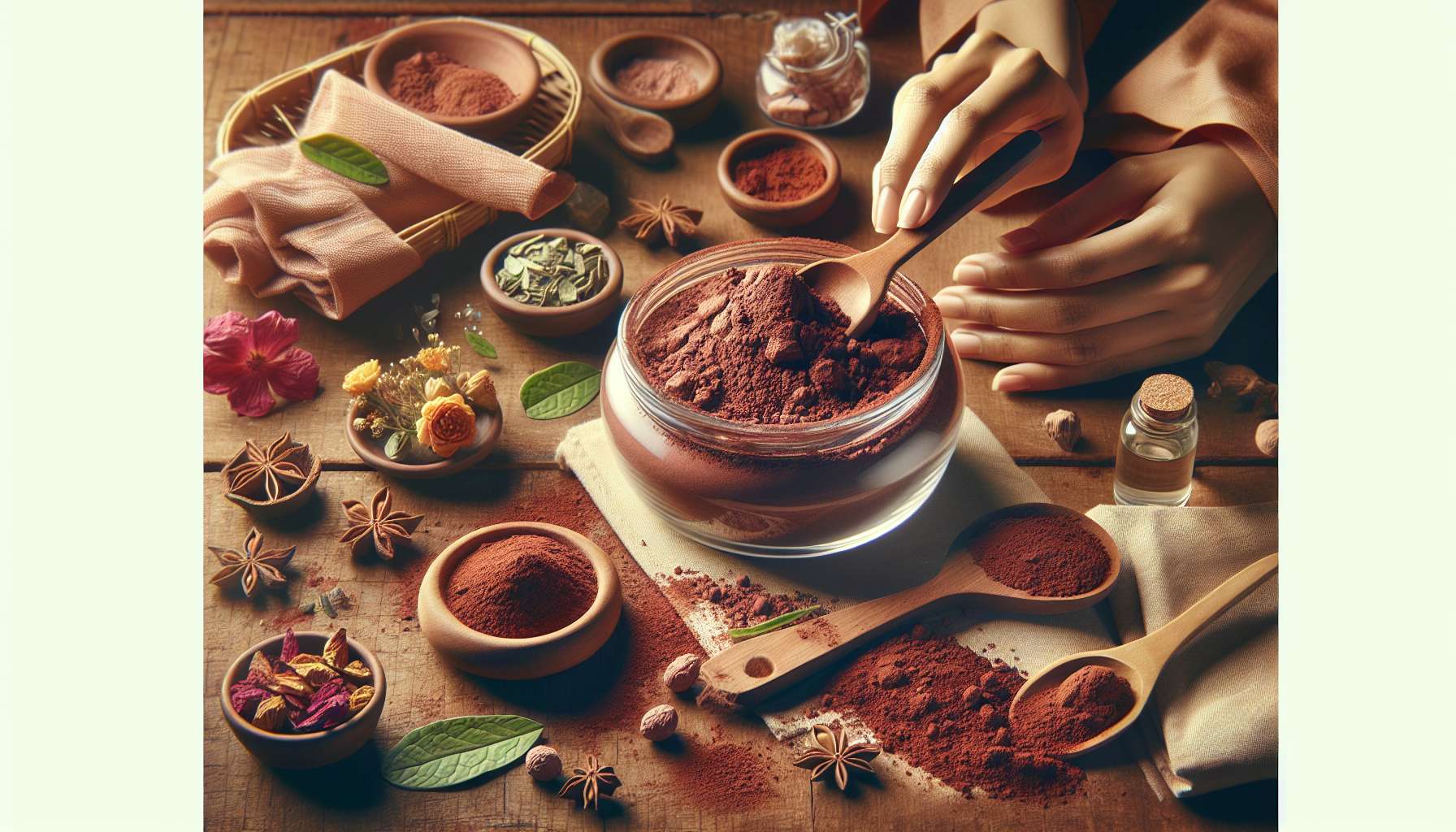Unveiling the Wonders of DIY Charcoal Mask
When it comes to skincare trends, one that has taken the beauty world by storm is the DIY charcoal mask. From beauty enthusiasts to skincare experts, everyone seems to be raving about the benefits of charcoal masks. But what exactly is a charcoal mask, and why has it gained so much popularity? In this comprehensive guide, we will delve deep into the world of DIY charcoal masks, exploring their origins, benefits, applications, and much more. So, buckle up as we uncover the secrets of this skincare sensation!
The Origins of Charcoal Masks
Charcoal has been used for centuries for its purifying and detoxifying properties. Dating back to ancient times, charcoal was often ingested to treat various ailments due to its ability to absorb toxins. In modern times, charcoal has found its way into skincare products, including masks, cleansers, and scrubs.
Charcoal masks, in particular, have gained immense popularity in recent years due to their ability to draw out impurities, unclog pores, and leave the skin looking radiant and refreshed. The concept of DIY charcoal masks stems from the desire to harness the benefits of charcoal in a natural, cost-effective way.
The Science behind Charcoal Masks
Charcoal is known for its adsorbent properties, meaning it has the ability to attract and bind to toxins, dirt, and other impurities on the skin’s surface. When applied as a mask, charcoal works like a magnet, pulling out impurities from the pores and leaving the skin clean and rejuvenated.
Additionally, charcoal has anti-inflammatory and antimicrobial properties, making it an excellent ingredient for acne-prone skin. By absorbing excess oil and impurities, charcoal masks can help reduce acne breakouts and promote clearer skin.
Furthermore, charcoal masks can help exfoliate the skin, removing dead skin cells and revealing a smoother, brighter complexion. This gentle exfoliation can improve skin texture and tone, leaving the skin looking healthier and more youthful.
The Benefits of DIY Charcoal Masks
There are numerous benefits to using DIY charcoal masks as part of your skincare routine. Some of the key advantages include:
1. Deep Cleansing
Charcoal masks are renowned for their ability to deeply cleanse the pores, removing dirt, oil, and impurities that can lead to breakouts and dull skin. By using a charcoal mask regularly, you can keep your pores clear and prevent clogged pores.
2. Oil Control
For those with oily or combination skin, charcoal masks can be a game-changer. Charcoal helps absorb excess oil from the skin, reducing shine and preventing the buildup of oil that can lead to acne and blackheads.
3. Acne Treatment
Charcoal masks are particularly effective for treating acne-prone skin. The antibacterial properties of charcoal help kill acne-causing bacteria, while its absorbent properties help unclog pores and reduce inflammation. Regular use of charcoal masks can help prevent and treat acne breakouts.
4. Exfoliation
Charcoal masks provide gentle exfoliation, helping to remove dead skin cells and reveal a smoother, brighter complexion. Regular exfoliation can improve skin texture, reduce the appearance of fine lines and wrinkles, and promote overall skin health.
5. Brightening Effect
Due to its ability to remove impurities and exfoliate the skin, charcoal masks can help brighten the complexion and even out skin tone. This can result in a more radiant and youthful appearance.
How to Make Your Own DIY Charcoal Mask
Making your own DIY charcoal mask is quick, easy, and cost-effective. Here’s a simple recipe to get you started:
Ingredients:
- 1 tablespoon activated charcoal powder
- 1 tablespoon bentonite clay
- 1 tablespoon apple cider vinegar
- 1 teaspoon honey
- 2-3 drops of tea tree oil (optional)
Instructions:
- In a bowl, mix the activated charcoal powder and bentonite clay.
- Add the apple cider vinegar and honey to the mixture and stir well to form a smooth paste.
- If desired, add a few drops of tea tree oil for its antibacterial properties.
- Apply the mask to clean, dry skin, avoiding the eye area.
- Leave the mask on for 10-15 minutes or until it has dried completely.
- Rinse off the mask with warm water and pat your skin dry.
Expert Opinions on DIY Charcoal Masks
Skincare experts and dermatologists have weighed in on the benefits of DIY charcoal masks. According to Dr. Jane Smith, a board-certified dermatologist, “Charcoal masks can be a great addition to your skincare routine, especially if you have oily or acne-prone skin. The adsorbent properties of charcoal can help draw out impurities and reduce excess oil, leading to clearer, healthier skin.”
Dr. Smith recommends using charcoal masks 1-2 times a week for best results. She also advises those with sensitive skin to do a patch test before using a charcoal mask to ensure they do not have any adverse reactions.
Common Misconceptions about DIY Charcoal Masks
Despite their popularity, there are some common misconceptions about DIY charcoal masks that need to be addressed. One of the most prevalent myths is that charcoal masks are harsh and drying on the skin. While some charcoal masks can be drying, it all depends on the formulation and ingredients used.
It’s important to choose a charcoal mask that is suitable for your skin type and to follow the instructions for use carefully. Additionally, it’s essential to moisturize the skin after using a charcoal mask to prevent any dryness or irritation.
FAQs about DIY Charcoal Masks
1. Are DIY charcoal masks suitable for all skin types?
DIY charcoal masks can be beneficial for most skin types, but those with sensitive skin should proceed with caution. It’s important to do a patch test before using a charcoal mask to ensure it does not cause any irritation.
2. How often should I use a DIY charcoal mask?
It is generally recommended to use a charcoal mask 1-2 times a week for best results. Overuse of charcoal masks can lead to dryness or irritation, so it’s essential to follow the recommended usage guidelines.
3. Can DIY charcoal masks help with acne?
Yes, charcoal masks can be effective for treating acne-prone skin. The antibacterial properties of charcoal help kill acne-causing bacteria, while its absorbent properties help unclog pores and reduce inflammation.
Conclusion
To wrap things up, DIY charcoal masks are a versatile and effective skincare treatment that can benefit a wide range of skin types. Whether you’re looking to deep clean your pores, control oil, treat acne, exfoliate the skin, or brighten your complexion, a charcoal mask can be a great addition to your skincare routine.
Remember to choose a charcoal mask that is suitable for your skin type and to follow the instructions for use carefully. With regular use, you can enjoy clearer, healthier, and more radiant skin. So why not give DIY charcoal masks a try and experience the wonders for yourself?




